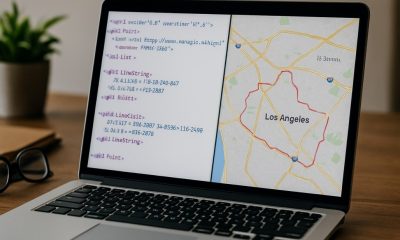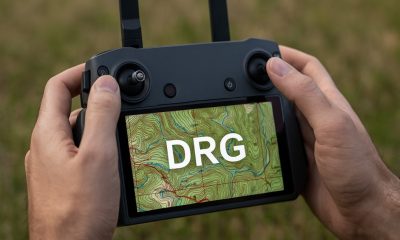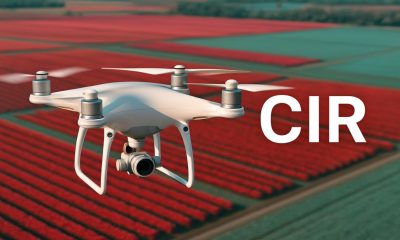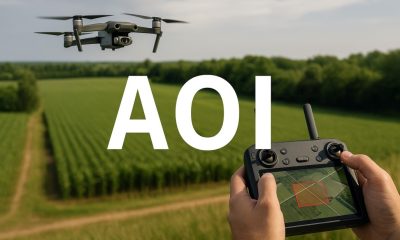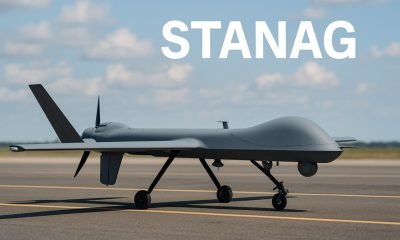Mexican Drone Regulations
Mexican Drone Regulatory Authorities
Table Of Contents

Mexican Drone Regulatory Authorities- Who Are They?
The Mexican Drone Regulatory Authorities play a critical role in shaping and regulating the country’s growing drone industry. Through policies established by the Agencia Federal de Aviación Civil (AFAC), oversight from the Secretariat of National Defense (SEDENA), and input from local authorities, Mexico maintains a framework designed to encourage innovation while prioritizing safety, privacy, and environmental considerations. These authorities influence the drone industry in Mexico by implementing standards that support responsible growth, compliance, and integration with international regulatory norms.
1. Agencia Federal de Aviación Civil (AFAC)
As Mexico’s primary civil aviation authority, the Agencia Federal de Aviación Civil (AFAC) is responsible for crafting and enforcing drone regulations that align with international standards, making Mexico a part of the global drone ecosystem. AFAC’s regulations impact the local drone industry in several ways:
- Encouraging Innovation through Certifications: AFAC provides certifications and licensing for commercial and advanced drone operations, enabling businesses to use drones in sectors like agriculture, logistics, media, and construction. By offering certifications for operations beyond standard visual line of sight (BVLOS), AFAC allows companies to explore innovative applications like long-range surveying and inspections.
- Structured Registration Requirements: All drones over 250 grams must be registered through AFAC, ensuring accountability and helping monitor drone usage across the country. This registration requirement builds trust in drone operations by creating a transparent system for drone monitoring and control.
- Permit-Based Operation for Advanced Use: AFAC’s permit system for restricted or advanced operations allows for controlled expansion of the drone industry. For example, AFAC issues permits for drone activities near critical infrastructure or in controlled airspace, balancing technological advancements with aviation safety.
2. Secretariat of National Defense (SEDENA)
The Secretariat of National Defense (SEDENA) has a significant influence on Mexico’s drone industry, particularly concerning national security and restricted airspace. As Mexico has many sensitive locations, including military zones and border areas, SEDENA’s policies ensure that drone operations do not pose security risks.
- Enforcing Security Measures: SEDENA restricts drone operations near military installations, border regions, and other areas deemed sensitive. For drone operators, particularly those near restricted zones, this means obtaining additional clearances, which often involves presenting detailed operational plans and safety measures.
- Promoting National Safety Protocols: SEDENA’s oversight reassures both the public and private sectors, enabling confidence in Mexico’s drone industry. By enforcing clear boundaries and restricting unauthorized operations in high-risk zones, SEDENA upholds public safety and security standards.
- Supporting Anti-Drone Technology and Monitoring: In sensitive locations, SEDENA employs anti-drone technologies and continuous monitoring to detect unauthorized drone flights. This regulation ensures that drones do not interfere with security operations and protects restricted airspace.
3. Local Government Authorities
Local governments also play an important role in Mexican drone regulations, providing region-specific policies that align with both AFAC and SEDENA regulations while addressing local needs. For instance, urban centers, environmental reserves, and culturally significant sites often have additional guidelines managed by municipal authorities.
- Event-Specific Regulations: Local authorities require permits for drone operations at public events, gatherings, or crowded areas to ensure public safety. These permissions impact the drone industry by enabling safe, responsible use of drones for media, event coverage, and public safety monitoring during high-profile gatherings.
- Environmental and Cultural Site Protections: In ecologically sensitive areas or regions with cultural heritage sites, local authorities may impose restrictions on drone flights to prevent disturbance to wildlife or preserve the integrity of historical landmarks. This ensures that the drone industry operates in harmony with environmental and cultural conservation efforts, promoting sustainable practices within Mexico’s drone sector.
Impact on the Local Drone Industry
The collaborative efforts of AFAC, SEDENA, and local authorities provide a structured, supportive environment for drone operators, fostering industry growth while emphasizing safety, security, and compliance. By setting clear guidelines, enforcing security measures, and establishing a permit-based structure for advanced operations, these Mexican Drone Regulatory Authorities make Mexico a favorable environment for innovation in the drone industry. At the same time, this regulatory framework enables international businesses to consider Mexico as a safe, regulated market for drone technology and services, contributing to the growth of local industries in agriculture, construction, logistics, and beyond.
For examples of these acronyms visit our Industries page.


